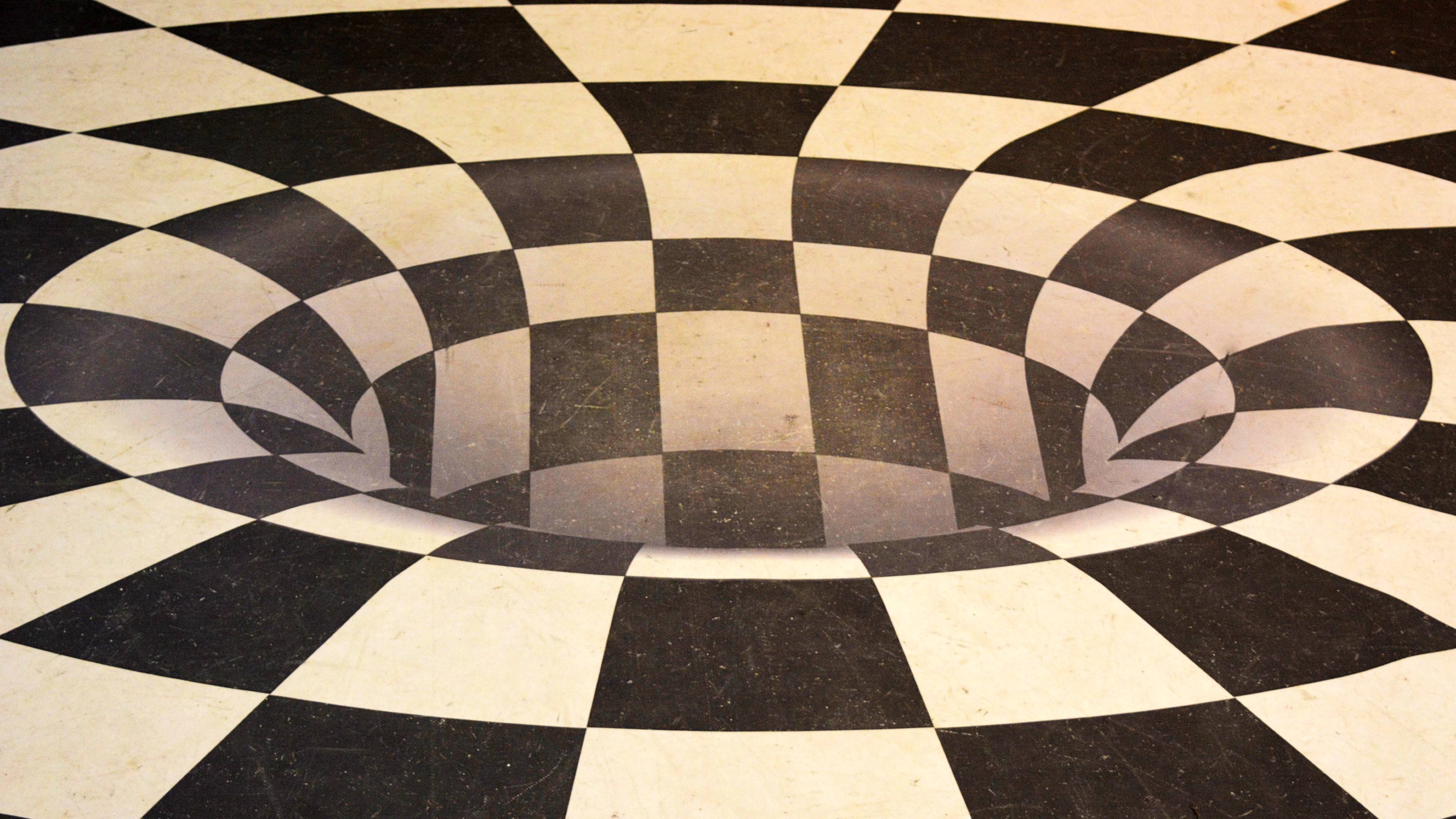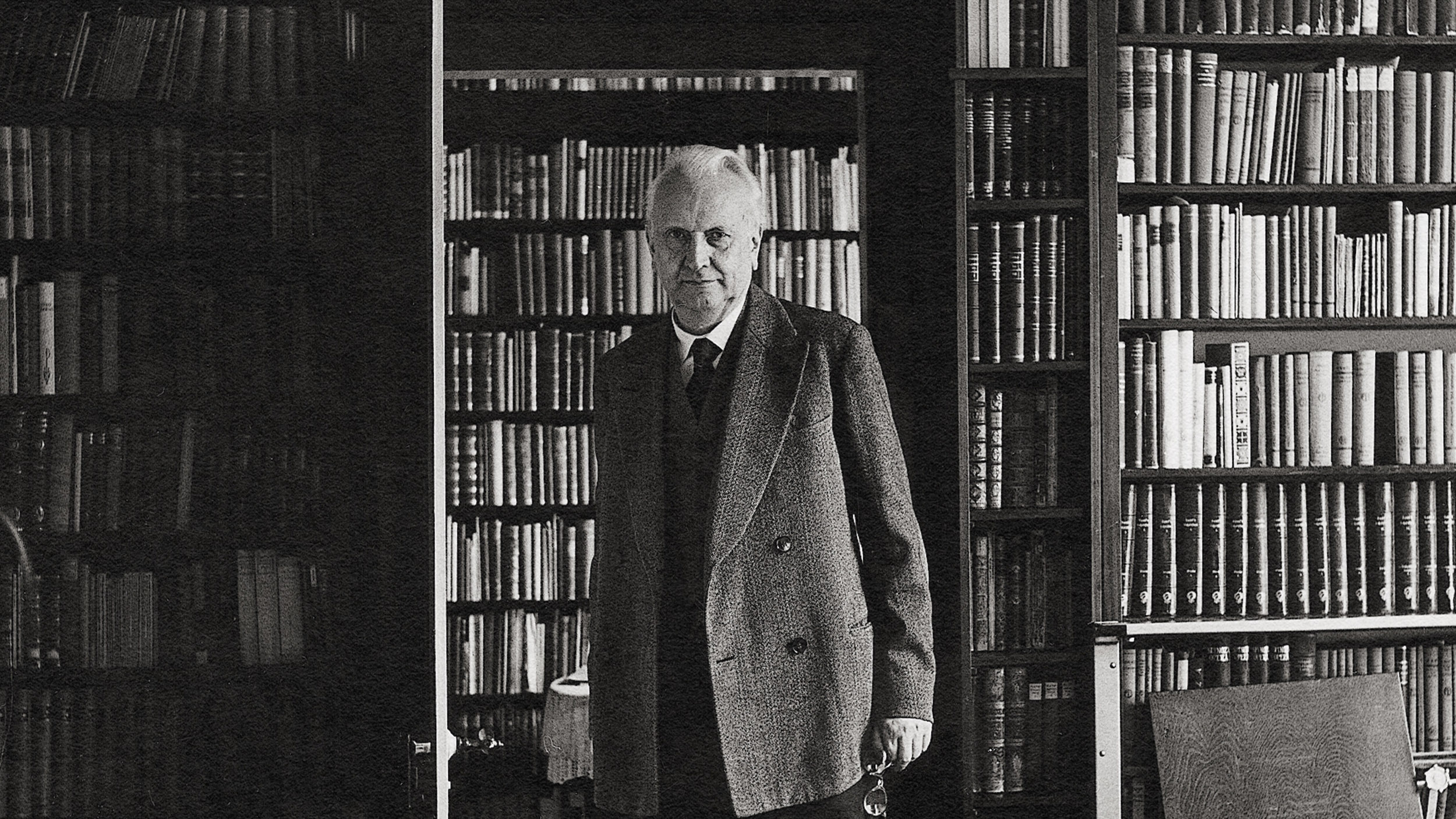The ability of a great man to change his mind.
Question: What inspires your work?
Rob Riemen: Maybe two things. First of all there is for me this phenomenal figure of Thomas Mann, a great European who had the capacity to change his mind drastically. Because around World War I he was very conservative; very much on the nationalist side. And then he realized that if you wanted to keep his values, he had to accept democracy and so on and so forth. He came to America in 1938. He became very well befriended with Roosevelt. The two of them were very close. And as Roosevelt was the incarnation of the American dream with all his high values and moral high crowd, Thomas Mann was the idea of Europe. And the two of them were like, you know, twin brothers. But he left America in ‘53 when McCarthyism was very, okay, he thought, “Things are not going well,” so he went back to Swiss. The other figure in my life is the cultural philosopher George Steiner, who as a young . . . He grew up here in America. His father, he was Jewish. His father realized in ’40 . . . March or April of ’40 – they had to move. He grew up in Chicago. Then he wanted to stay, and his father had told him, “Look you can stay in America and make a wonderful career. But if you do that Hitler will have won the war.” Because that’s exactly what Hitler wanted – to make Europe __________. So he went back. And then in many of his articles and speeches he said, “Europe committed suicide by killing the Jews. Because by killing the Jews, it killed those people who were the true Europeans; who were the embodiment of a European.” Now when I grew up, and being a student reading Schopenhauer and the great theological works as well, I came across an old Jewish publisher in the Netherlands, _______ who survived the war by miracle. He was in one of the camps by he survived. He had some money, and after the war he decided to start a book shop, a publishing house, and he had a wonderful library. Because as he said, look. This is what the Nazis wanted to kill – our European cultural heritage. It’s my obligation to work on its transmission – therefore the book shop, the library, and the publishing house. So inspired by those people; and realizing that after high school where too often I heard from people of whom I had no respect at all, “You have to do this,” or, “You have to do that,” I decided a few things. (A) Nobody is gonna tell me in my life what I have to do. I’ll decide myself. I want to be a free man. (B) I’m not a scholar, so an academic career is a bad thing and probably . . . So thirdly there is a . . . Okay let’s start a journal in which I want to . . . in which I want to contribute to that. But to start a journal on European culture on an international level in the Netherlands, which is . . . where there is so much anti-intellectualism; which in many ways such a provincial country. I mean do know we have another image, but the image is absolutely not true. It’s not an easy thing. So when the first issue came out, my old mentor and model, __________, he died very unexpectedly by a heart attack. And then I realize that if I wanted to have my journal survive, I should do more with the idea. And I also realized that if I call myself a director, I’m more important than if I call myself an editor. So in a nutshell the idea of an institute was born. So I started, you know, to sell the idea of, you know, we will have a great institute and our European things. And then the third . . . You know it. I know it. And you try to get somebody who is important, which was ________. They will . . . Because they are important they will create publicity. And when you are on the newspapers, you are important. When you are important you can get fundraising and so on and so forth. I mean it’s the old trick everybody knows. It as old as Erasmus and Plato.
Recorded on: 10/3/07





